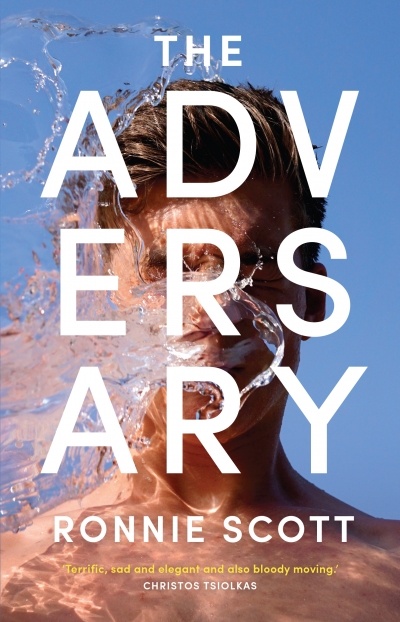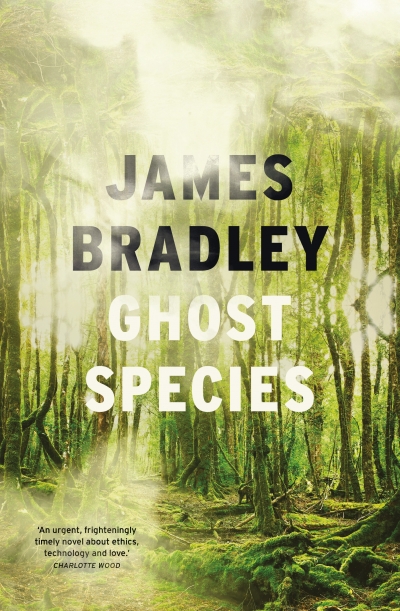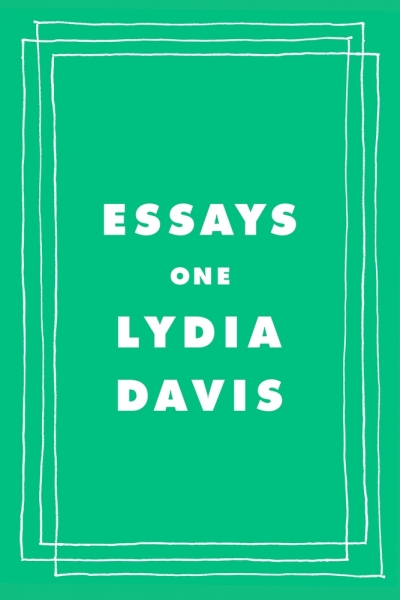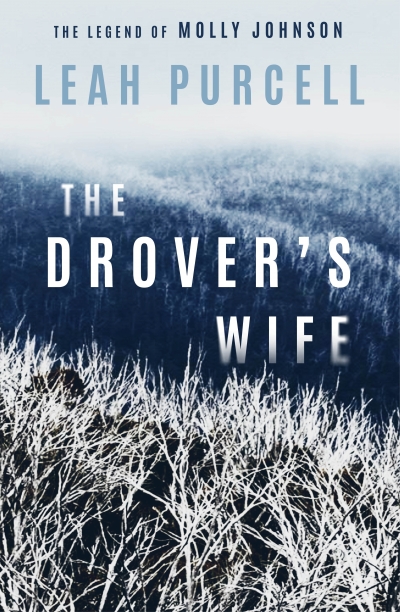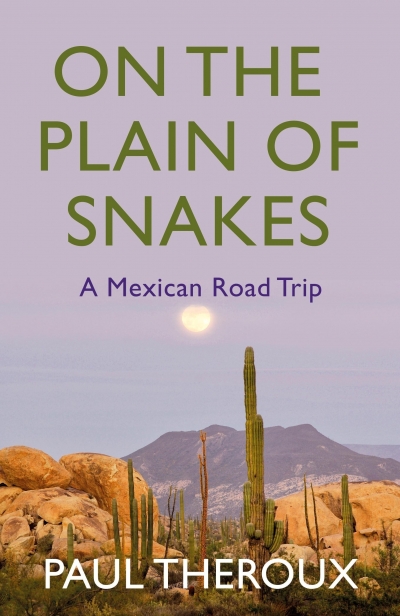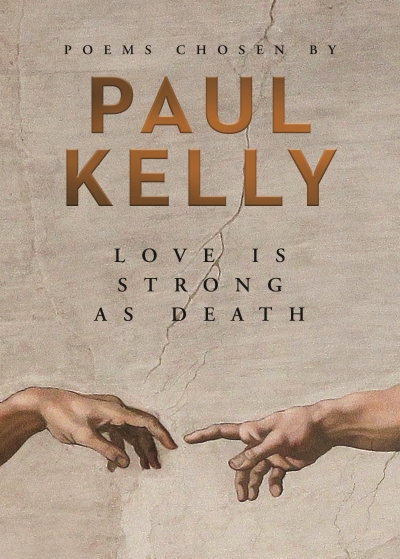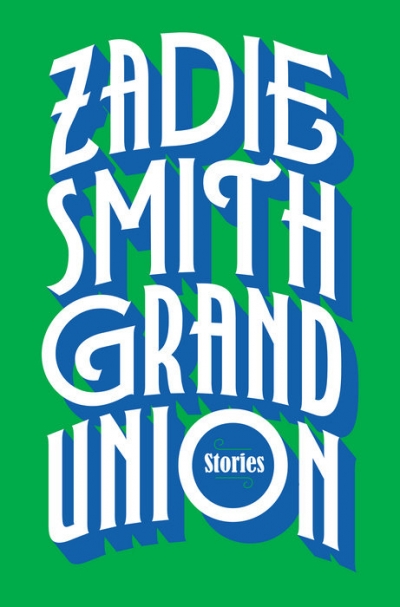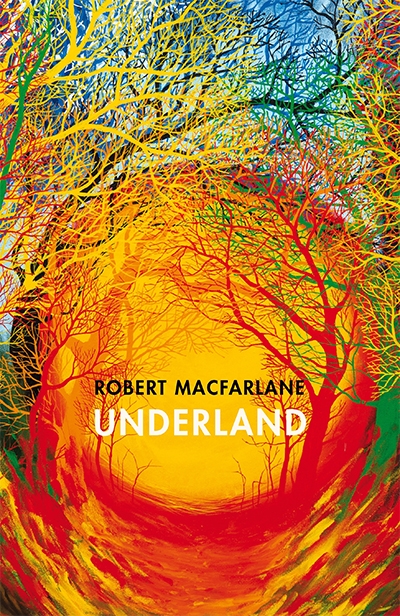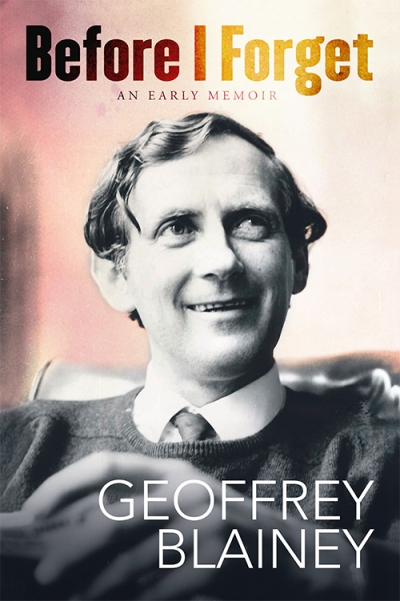In his latest novel, Everything I Knew, Peter Goldsworthy uses this famous quotation. Indeed, it is so apposite that it might well have provided the epigraph. Everything I Knew is, in part, a self-conscious reworking of Hartley’s The Go-Between (1953). The first-person narrator, Robert Burns, is a naïve fourteen-year-old boy in desperate thrall to a young woman. But where the emotional life of Hartley’s boy protagonist is destroyed by the precipitate arrival of sexual knowledge, Everything I Knew subverts this notion.
The year is 1964 and the setting is Penola, a country town in South Australia. Robbie is a Year Seven schoolboy, precociously intelligent, restlessly pubescent. His father is the town policeman and his mother a well-meaning but stolid housewife. The community is narrow; everyone knows everyone else. At the beginning of the novel, Robbie is beginning to outgrow Billy, his best friend from primary school, an Indigenous boy with a reputation for getting into trouble that Robbie, to a lesser extent (being white), shares.
...
(read more)

